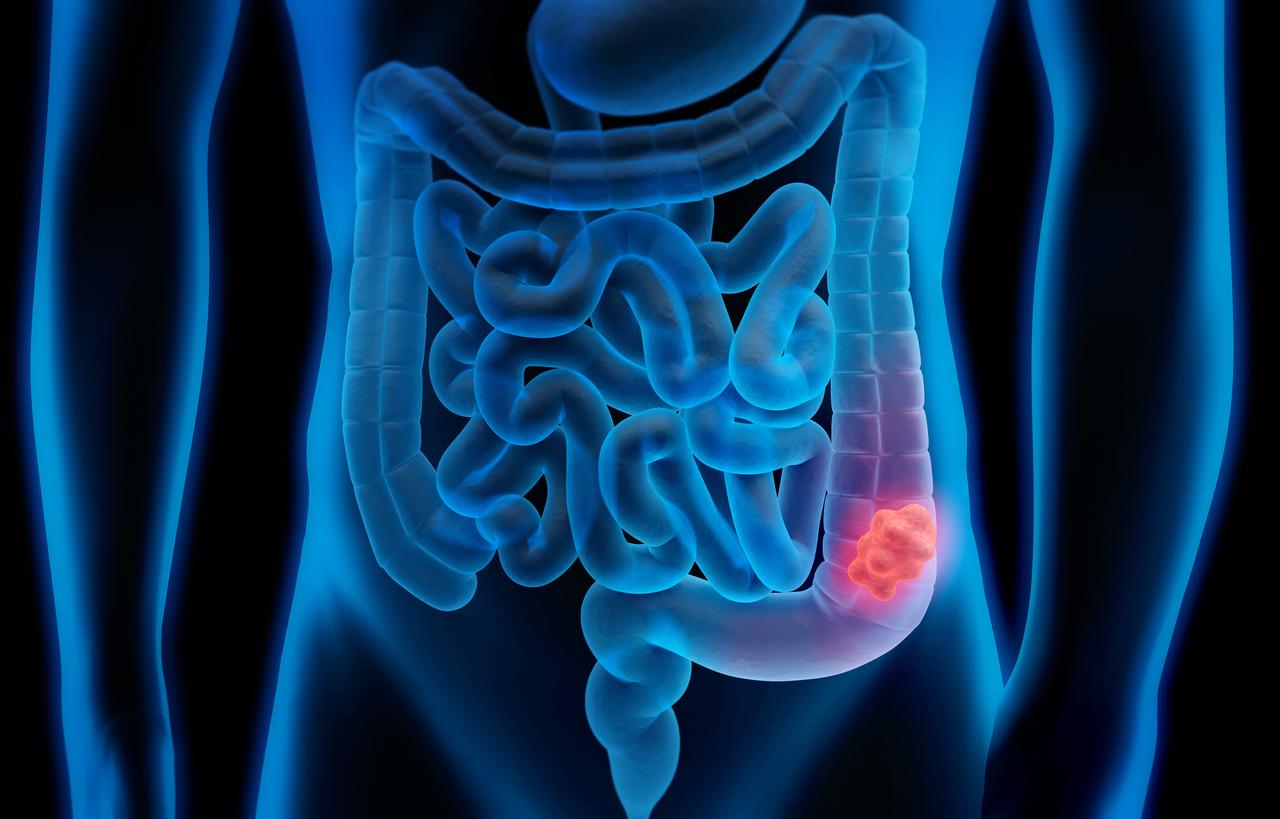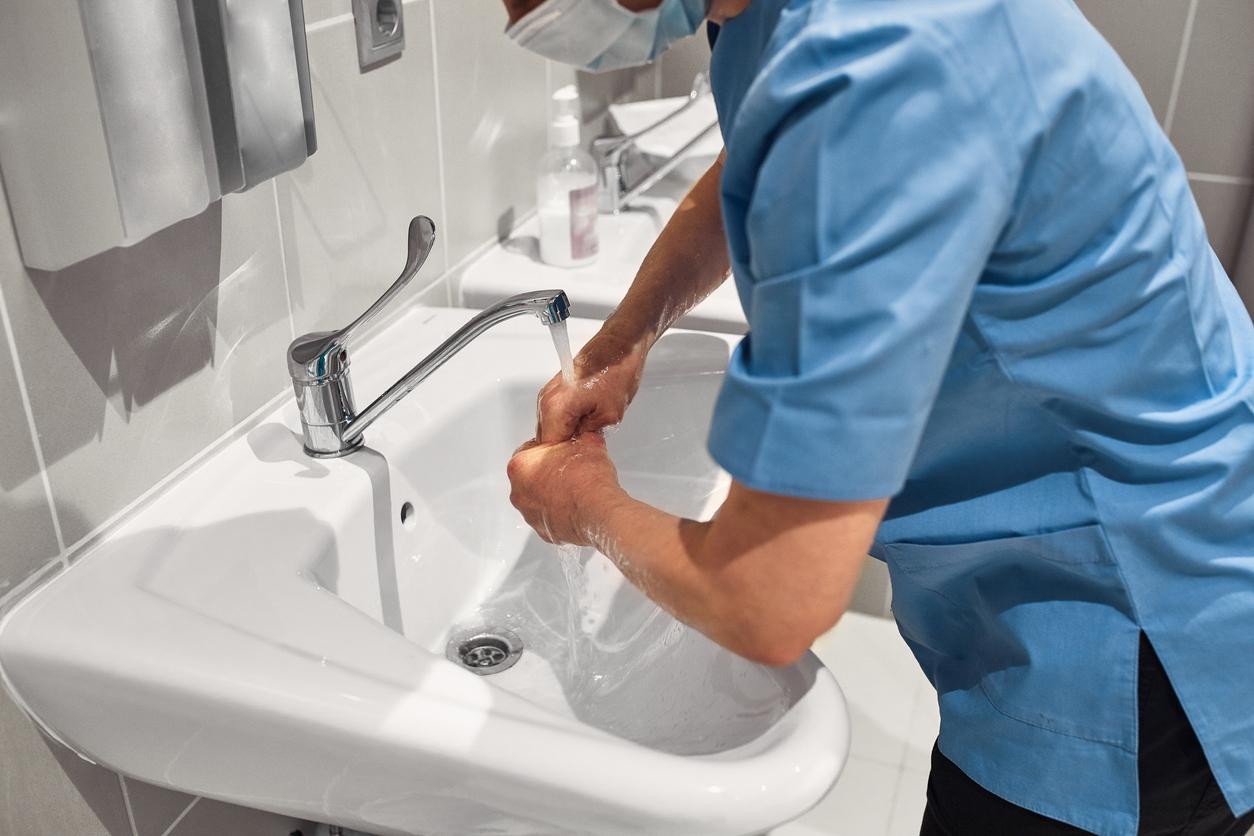Researchers have created a bacterium capable of detecting DNA fragments from colorectal cancer cells, which would make it an effective diagnostic tool.

- A bacterium could reliably detect cancer cells through stool samples.
- Researchers have indeed created a species of bacteria capable of detecting specific cancerous mutations in human DNA.
- This breakthrough could be a diagnostic tool for colorectal cancer and other cancers.
Bacteria have already been designed to detect disease by reacting to specific metabolites or pathogens. But a team of researchers went further: they designed a species of bacteria, a biosensor, to detect specific mutations due to colorectal cancer in human DNA.
The results of their work have been published in Science.
Colorectal cancer: a bacterium could improve screening
Colorectal cancer develops from cells that line the inside lining of the colon or rectum, recalls Public Health France : “It is a common cancer in both men and women, and is the second leading cause of cancer death for all sexes combined.”.
Colorectal cancer can be discovered at an early stage through screening for fecal occult blood and colonoscopy. The cancer-hunting bacterium developed by the international team of researchers could therefore constitute a new means of diagnosing this cancer.
To conduct their research, the researchers used Acinetobacter baylyi, a bacterium known for its ability to take up DNA from its environment.
Bacteria could detect colorectal cancer in stool
They gave him “instructions” genetics in the laboratory to look for specific DNA sequences carrying mutations that are commonly found in colorectal cancers, even in places that are difficult to access by colonoscopies.
Concretely, if A. baylyi finds tumor DNA, the incorporation of the latter into its own genome activates an antibiotic resistance gene. Once this gene is activated, the bacterium – extracted from the host’s feces and studied by scientists – could reveal that cancer cells have been detected.
A useful discovery for lung and pancreatic cancer?
This biosensor is currently designed to detect certain KRAS mutations, which are found in about 40% of colorectal cancers, as well as in a third of lung cancers and in most pancreatic cancers, can we read in Science Alertwhich relays the study.
However, this promising approach is not for now. Clinical trials requiring more research to test its real efficacy and safety need to be conducted to demonstrate that A. baylyi can be administered orally in humans without danger.


















